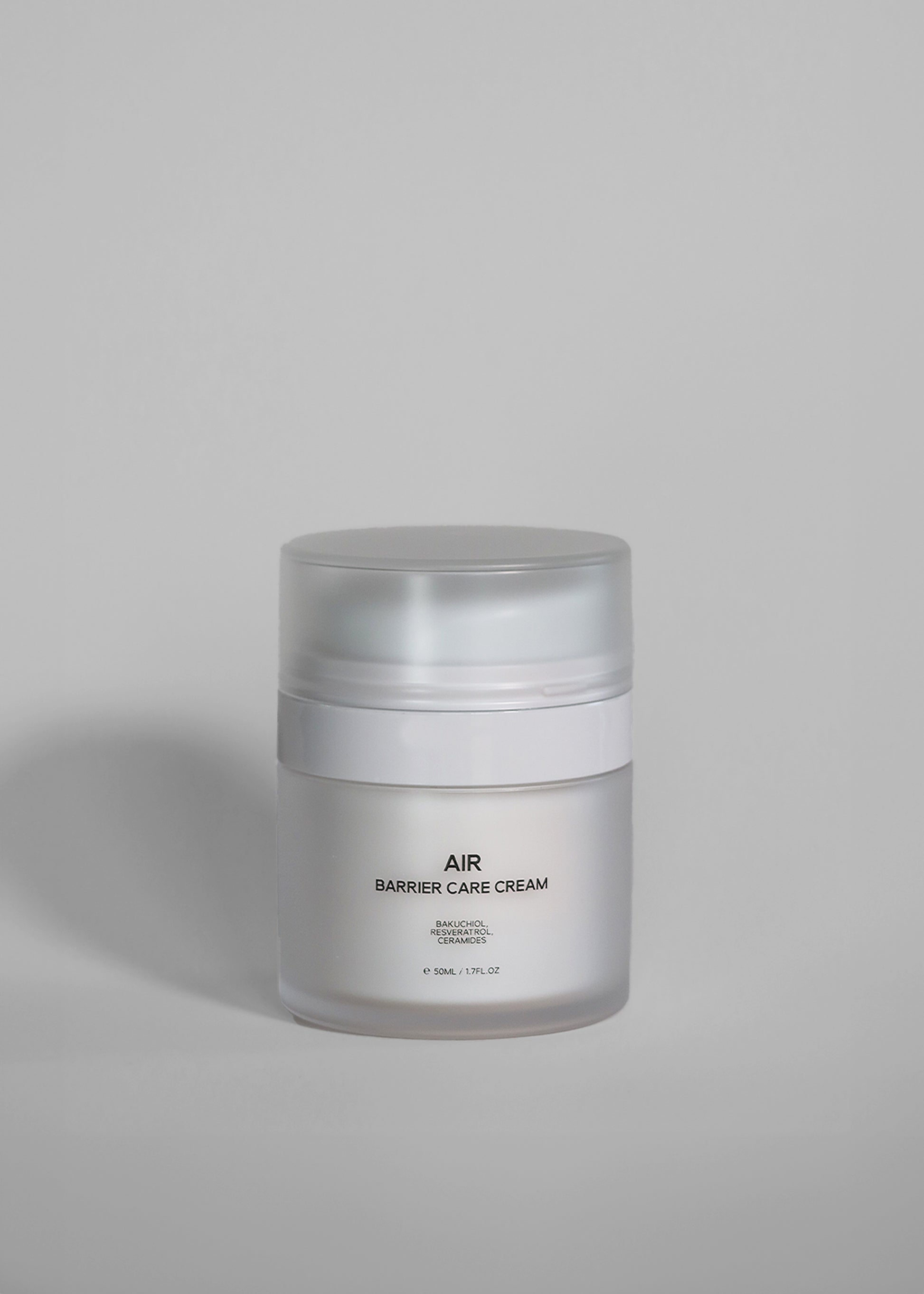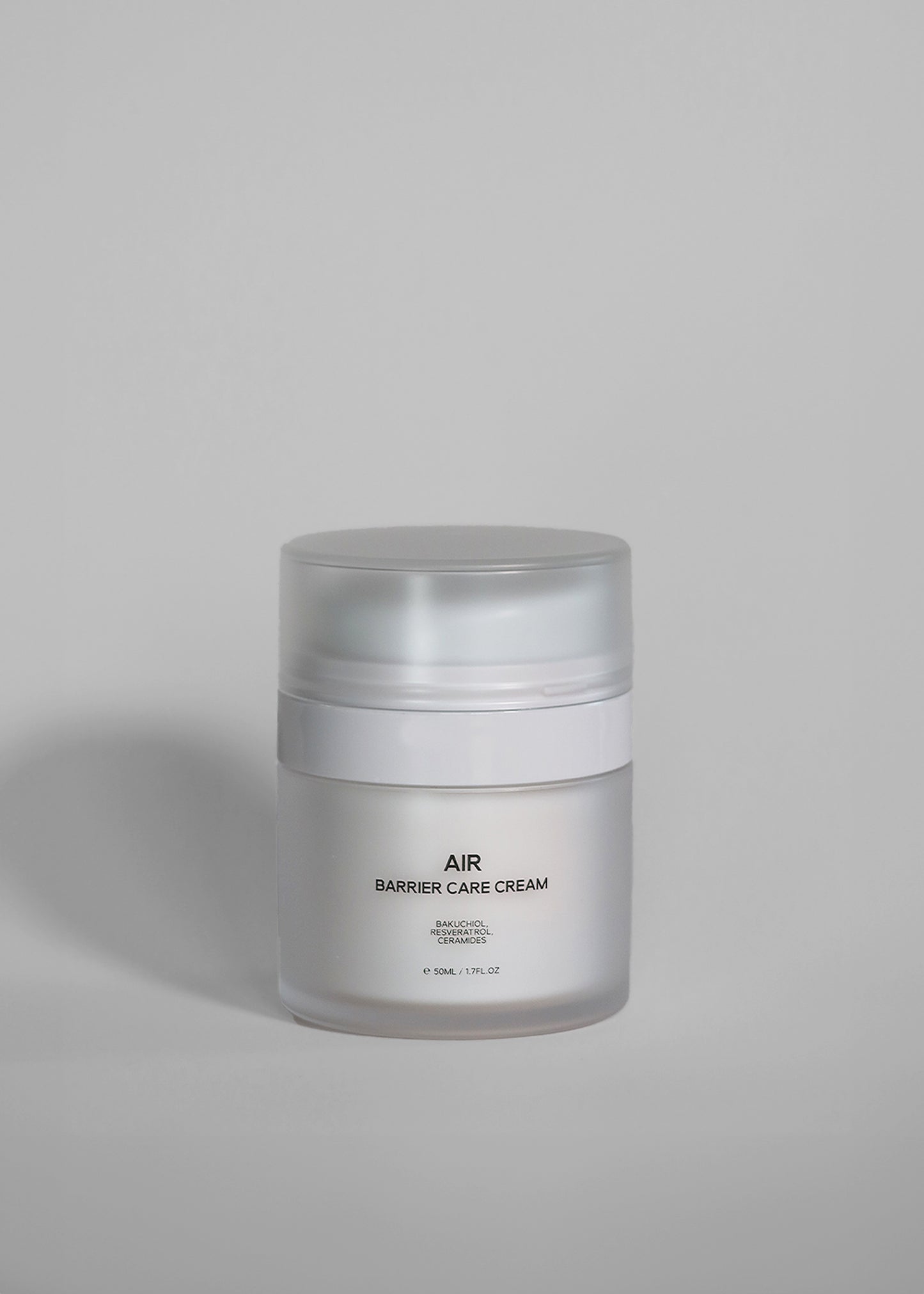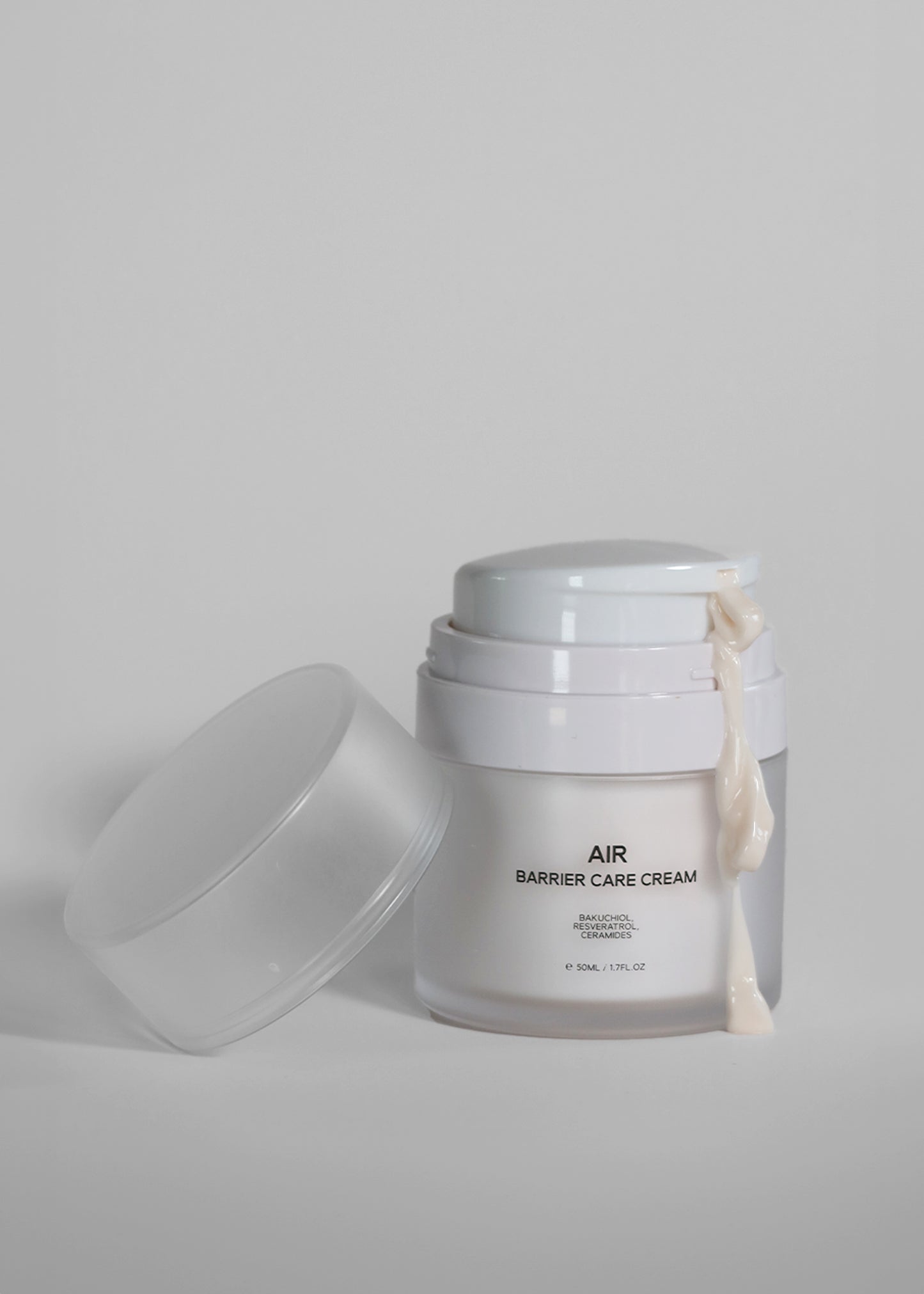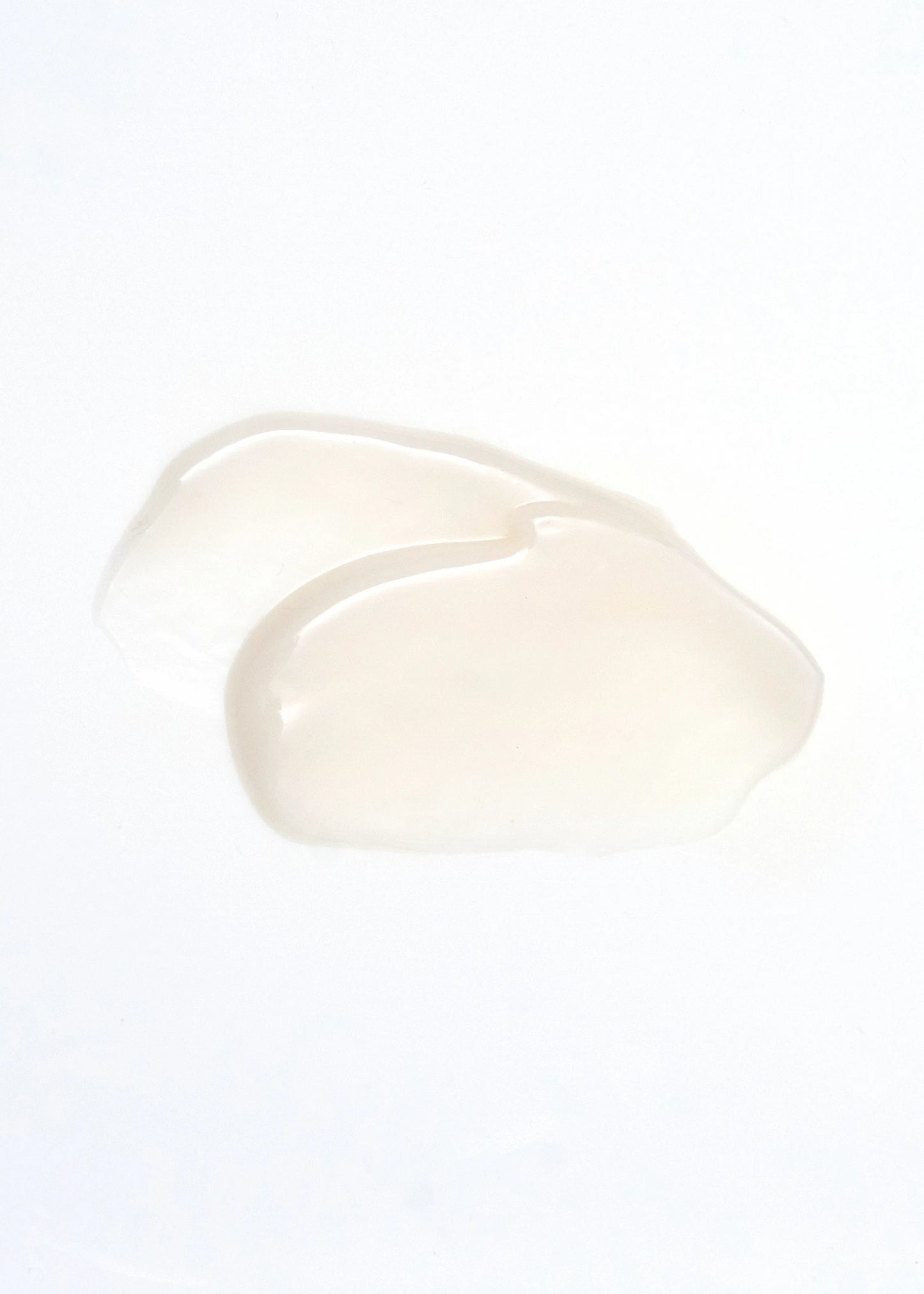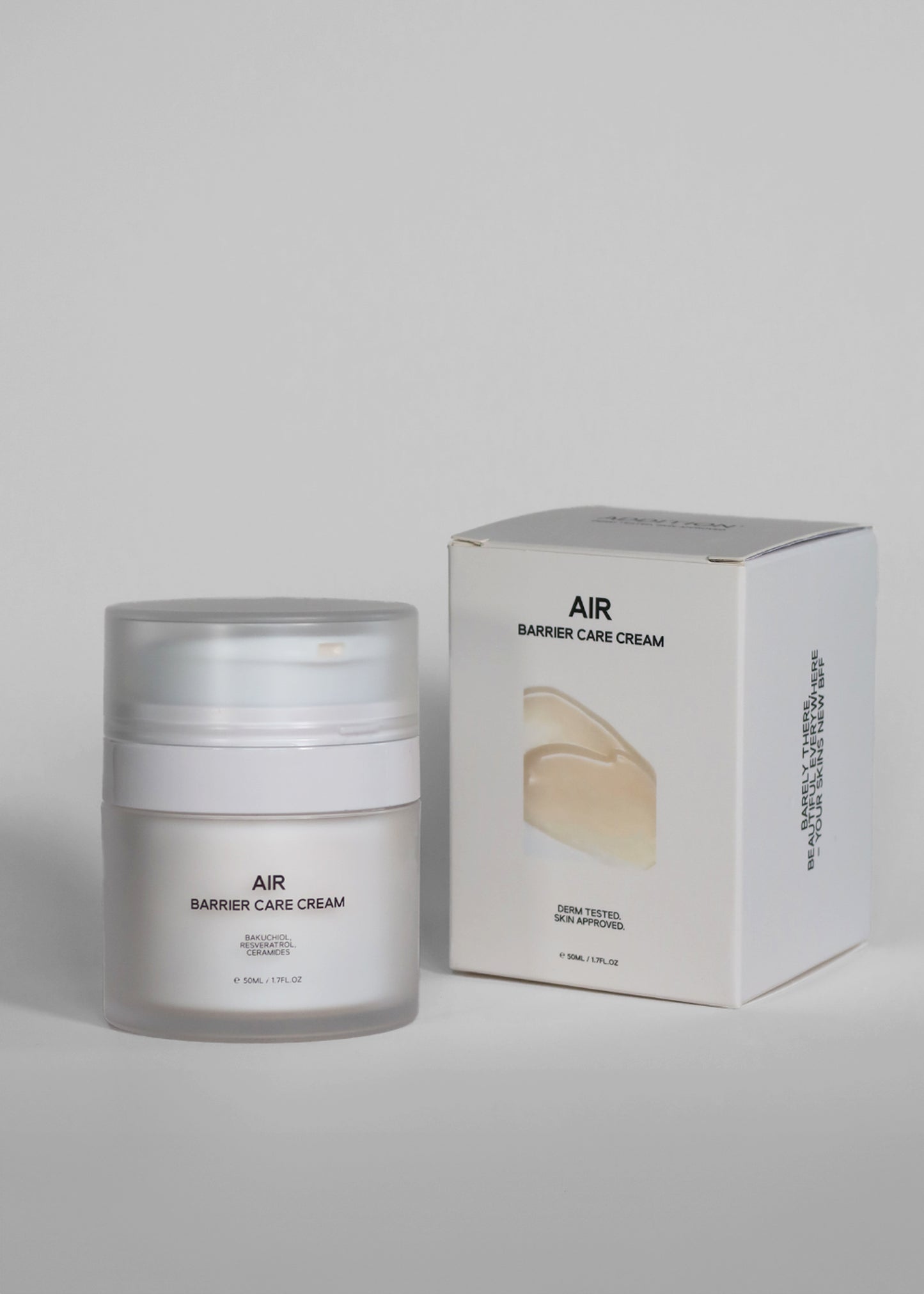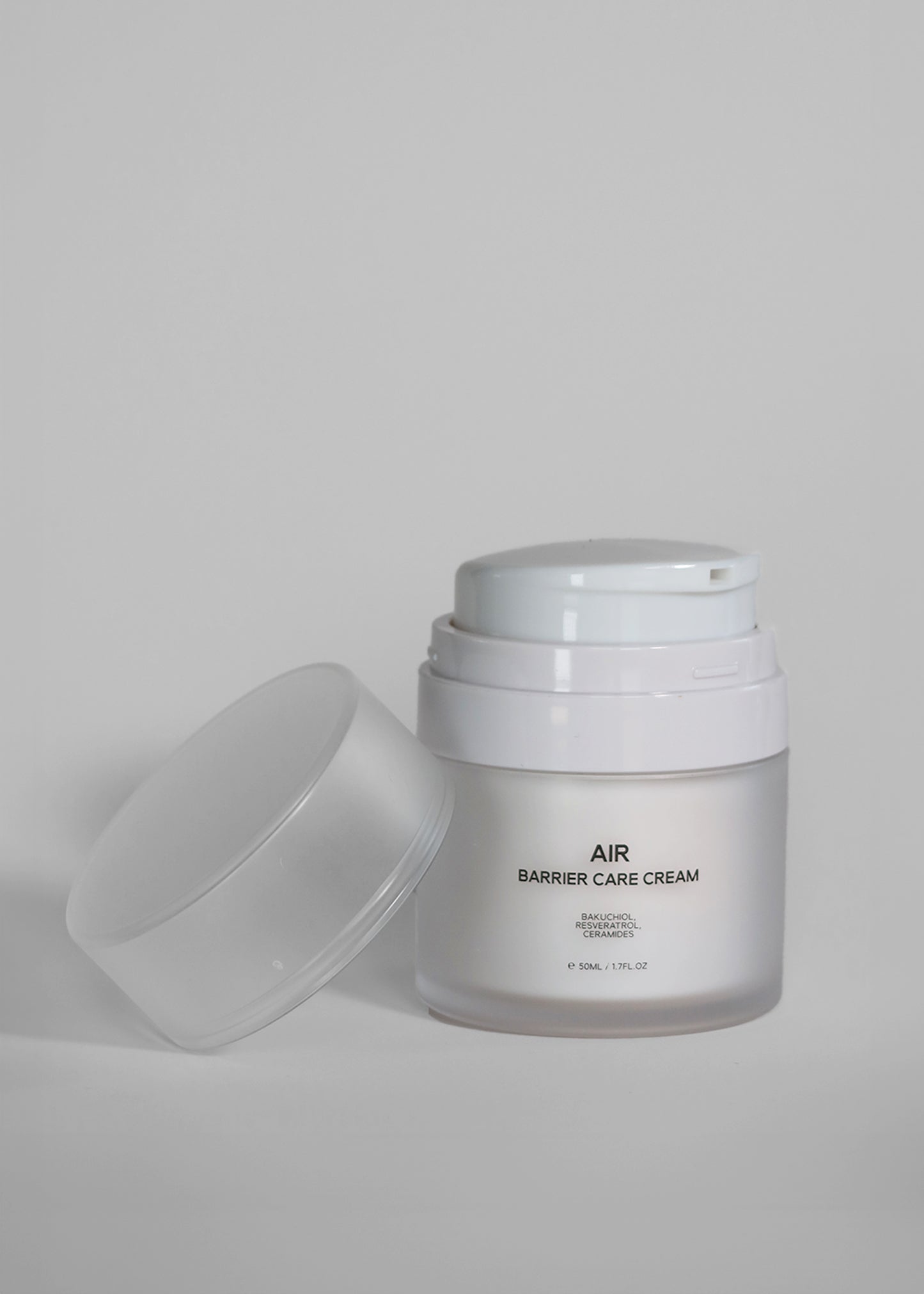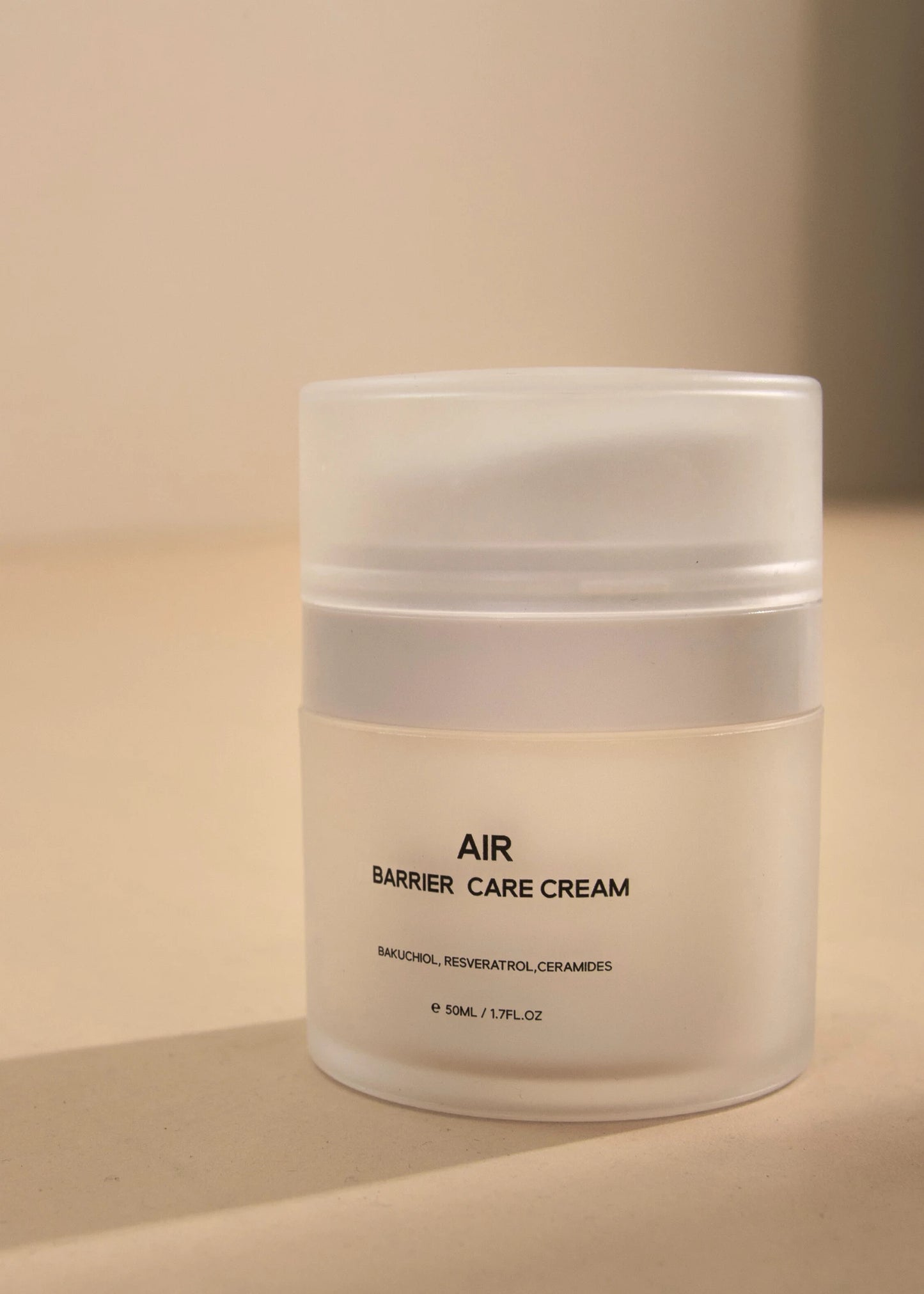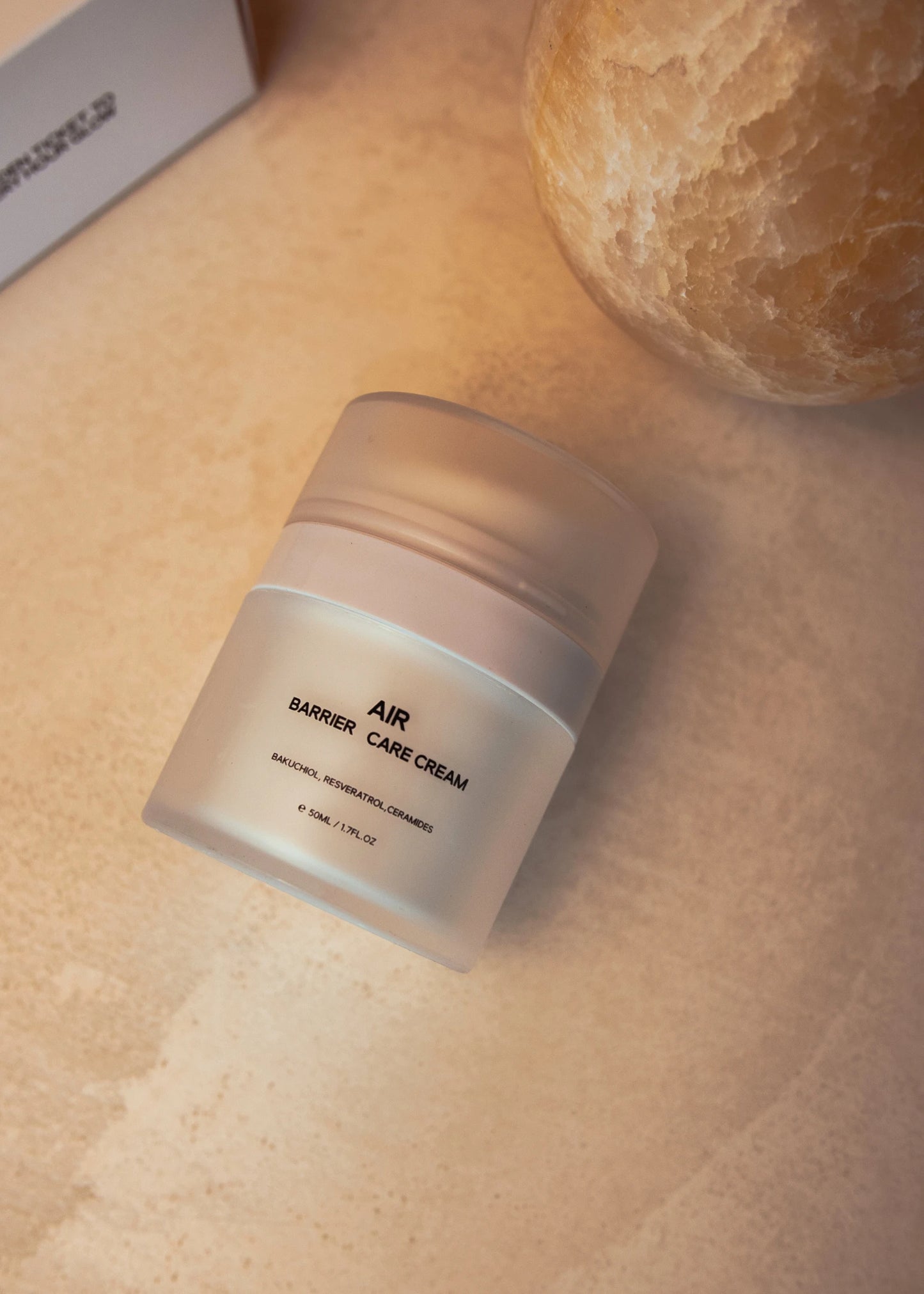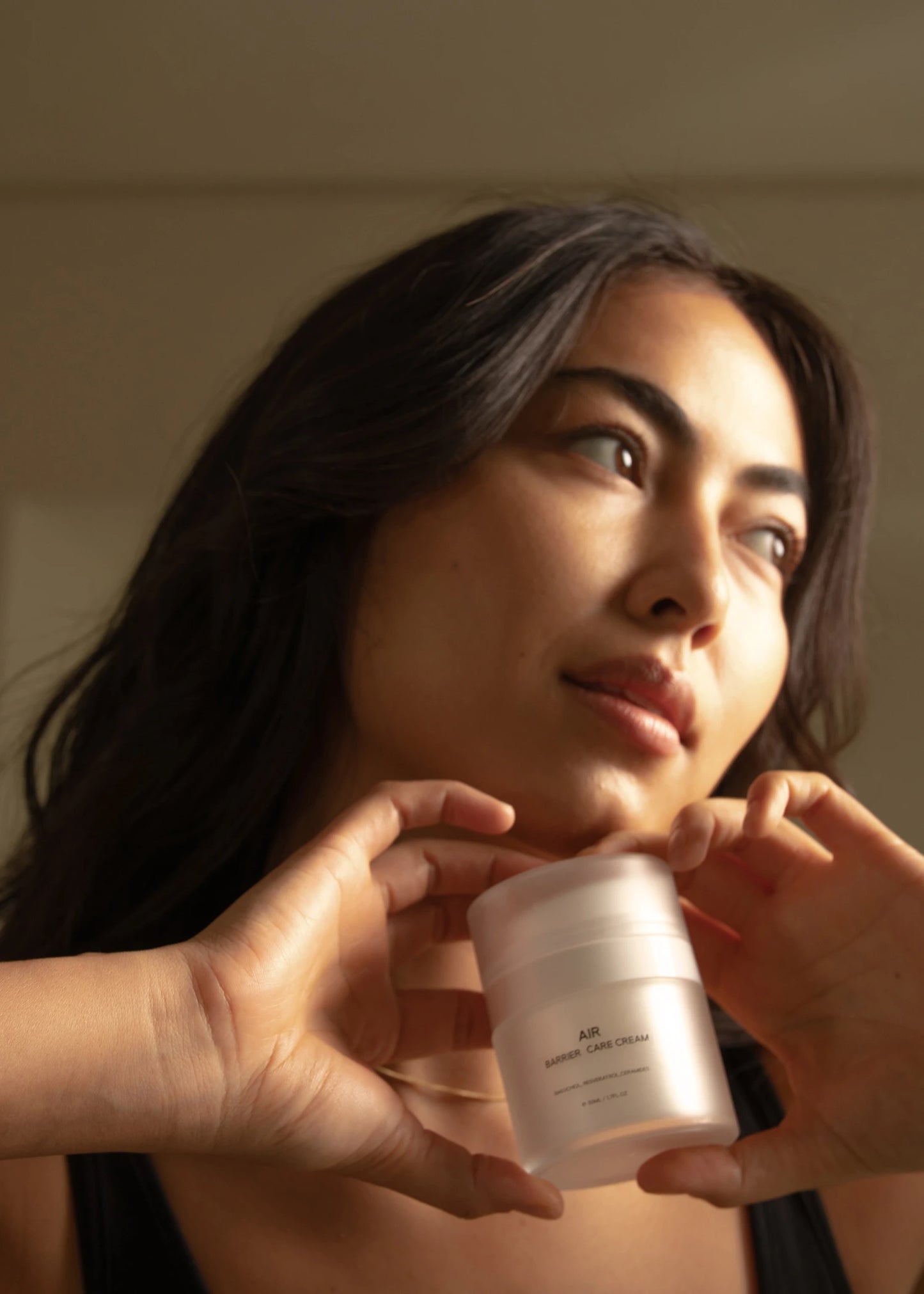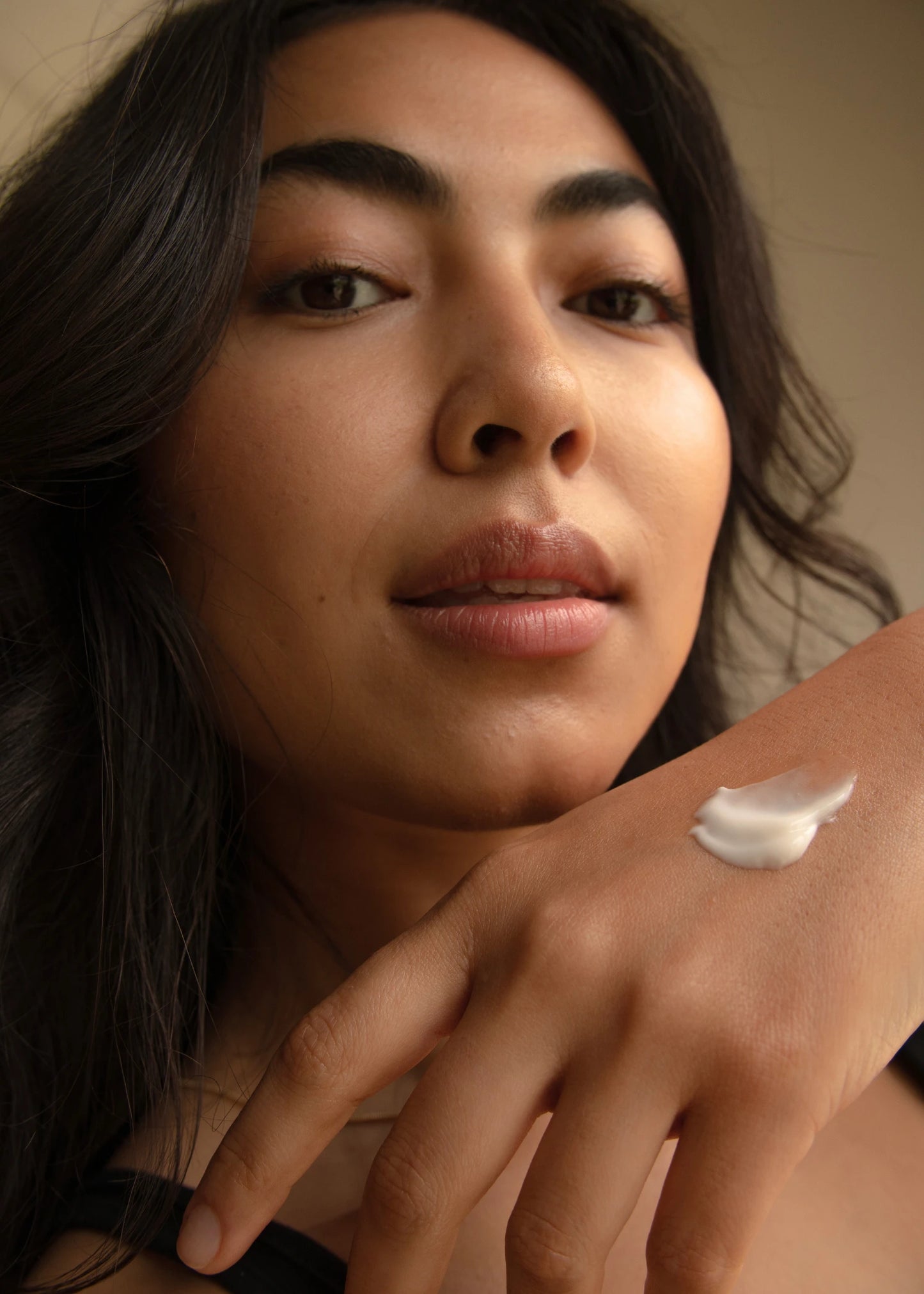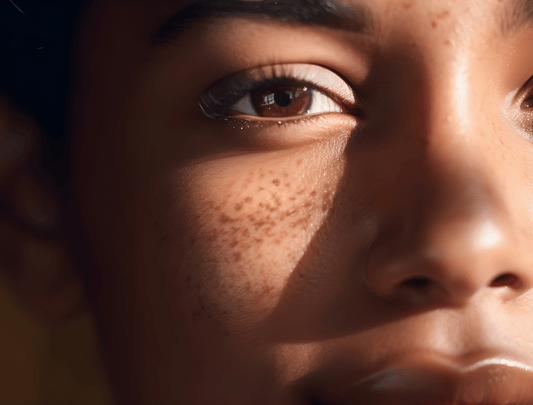Pregnancy is a time of profound changes, not only in your body but also in your skincare routine. While many skincare ingredients are safe during pregnancy, retinol stands out as one that's best avoided. This powerful derivative of vitamin A, renowned for its anti-aging prowess, has raised concerns when it comes to the well-being of both the expecting mother and the developing baby. Let's delve into the reasons why steering clear of retinol during pregnancy is a prudent choice.
The Vitamin A Conundrum:
Retinol is a form of vitamin A, an essential nutrient for various bodily functions. However, during pregnancy, the balance of vitamin A becomes critical. While adequate levels are necessary for fetal development, excessive amounts, particularly in the form of retinol, can pose potential risks.
Risk of Birth Defects:
High doses of vitamin A have been linked to an increased risk of birth defects. While these studies often focus on oral vitamin A intake, the precautionary principle is extended to topical application of retinol due to the potential for absorption through the skin.
Concerns About Absorption:
Although the exact amount of retinol absorbed through the skin is a subject of debate, the consensus is that it is possible, especially when using high concentrations. During pregnancy, minimizing any potential risk is crucial, making avoidance of retinol a sensible choice.
Retinol's Role in Cell Turnover:
Retinol is known for its ability to stimulate cell turnover and promote the production of new skin cells. While this property is highly sought after in anti-aging skincare, it can be a concern during pregnancy, as the accelerated cell turnover might potentially affect the delicate balance of skin development in the fetus.
Alternatives for Pregnancy-Safe Skincare:
The good news is that there are plenty of pregnancy-safe alternatives that can address skincare concerns without the potential risks associated with retinol. Ingredients like bakuchiol, glycolic acid, lactic acid, and vitamin C can be effective choices for brightening, exfoliation, and antioxidant protection.
Consultation with Healthcare Providers:
Pregnancy is a unique journey, and individual circumstances can vary. It's always advisable for expectant mothers to consult with their healthcare providers about their skincare routines. A healthcare professional can offer personalized guidance based on the specific needs and concerns of each pregnancy.
Conclusion:
In the grand tapestry of pregnancy, every decision, no matter how seemingly small, plays a role in the well-being of both mother and baby. While retinol is a beloved skincare ingredient in many circumstances, the cautious approach during pregnancy underscores the importance of prioritizing the health and safety of the developing fetus. Embrace a pregnancy-safe skincare routine, explore alternative ingredients, and revel in the glow of radiant, healthy skin that aligns with the journey of motherhood.


